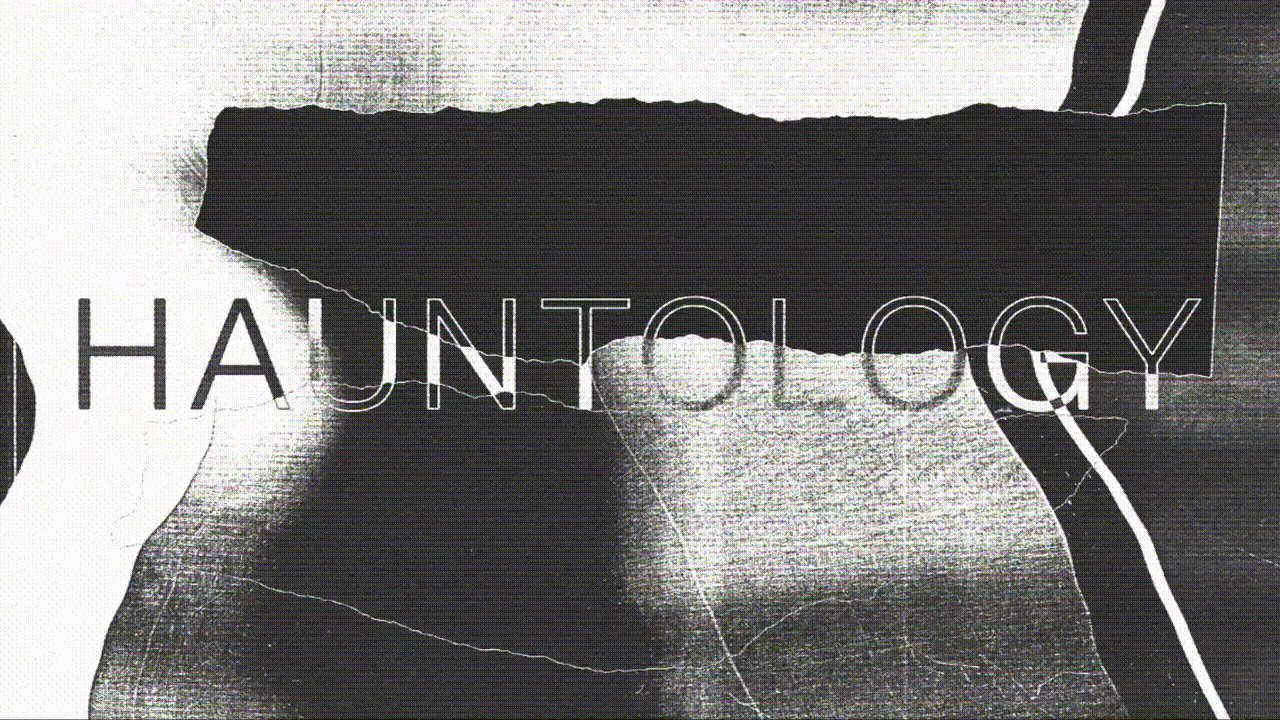| haun·tol·o·gy | noun |
First introduced by French philosopher Jacques Derrida in his 1993 book Specters of Marx, hauntology is a portmanteau of haunting and ontology. It usually refers to the return, celebration, or persistence of elements from the past, as in the manner of a ghost and in anticipation of a future that never occurred.
[fts_twitter tweets_count=10 cover_photo=no stats_bar=no show_retweets=no show_replies=no search=hauntology]
At a time of political reaction and restoration, when cultural innovation has stalled and even gone backwards, when “power…operates predictively as much as retrospectively” (Eshun 2003: 289), one function of hauntology is to keep insisting that there are futures beyond postmodernity’s terminal time. When the present has given up on the future, we must listen for the relics of the future in the unactivated potentials of the past.
Mark Fisher, The Metaphysics of Crackle: Afrofuturism and Hauntology
Peripheral Resources



Select Examples
Hauntology supplants its near-homonym ontology, replacing the priority of being and presence with the figure of the ghost as that which is neither present nor absent, neither dead nor alive.
Colin Davis – Hauntology, spectres and phantoms
The great sonic-theoretical contribution of The Caretaker to the discourse of hauntology was his understanding that the nostalgia mode has to do not with memories but with a memory disorder. The Caretaker’s early releases seemed to be about the honeyed appeal of a lost past: Al Bowlly’s aching croon in the Strand ballroom in prewar tearoom London, buried beneath the sound which constitutes something like the audio-correlate of hauntology itself: crackle.
k-punk (Mark Fisher)

